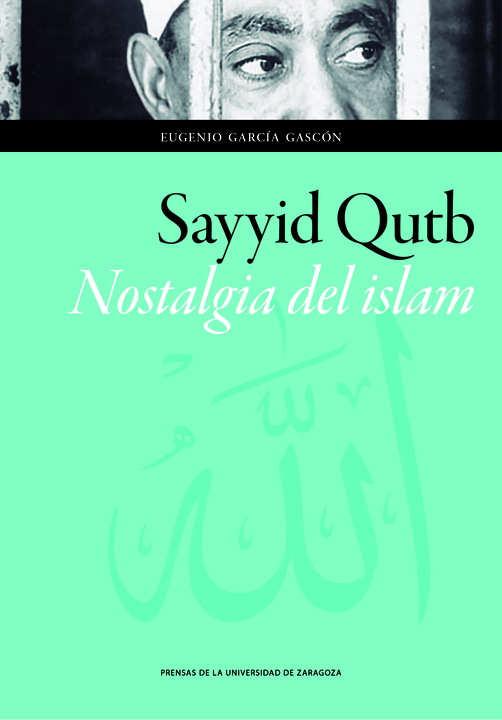Conferences and debates
Index / Activities / Conferences and debates / Qutb vs. Abduh: Opposing viewpoints on modern Islamism
Qutb vs. Abduh: Opposing viewpoints on modern Islamism
October 11, 201610:00 a.m.
MADRID
Casa Árabe Hall of Ambassadors
10:00 a.m.
Free entry after registration.
In Spanish
A dialogue between Eugenio García Gascón and Waleed Saleh about Sayyid Qutb and Muhammad Abduh.
Eugenio García Gascón, a correspondent for Público in Jerusalem, the author of Sayyid Qutb, Nostalgia of Islam, and Waleed Saleh, a professor of Arab and Islamic Studies at the Universidad Complutense de Madrid and the author of Librepensamiento e islam (Freethinking and Islam), will be discussing the biographies of two theorists of modern Islamism and the impact they have had on the Arab and Muslim world.
Sayyid Qutb (1906-1966) was an Egyptian author and activist, who is considered one of the main theorists of modern Islamism. He based his political and ideological viewpoint on the need to “cleanse” Muslim society of any Western influence. Moreover, he claimed that contemporary Muslim regimes were practiced apostasy, because they enforced secular laws instead of the sharia. Qutb’s influence on political developments in global jihad are undeniable, above all when it comes to Al-Qaeda and its leaders, Ayman Al-Zawahiri and Osama bin Laden. In 1955, President Gamal Abdel Nasser officially accused the Muslim Brotherhood, previously outlawed in 1954, of reforming and planning a coup d’état. Its leader, Sayyib Qutb, was arrested, judged and executed for treason in 1966.
Muhammad Abduh (1849-1905) was a religious intellectual, legal expert and liberal Egyptian reformist. In his years as a student in Cairo, he came under the influence of Jamal al-Din al-Afghani, with whom he shared his aspiration to re-establish the weakened Muslim umma, by developing the “authentic Islam,” defined as a rational religion. The magazine Al-Urwah Al-Wuthqa (The Unbreakable Bond), published by Abduh along with al-Afghani in Paris, was the first international publication to make an explicit call for Islamic unity against the West, rejecting the prior proposal for internal reforms and national consolidation. It was also the first ever to interpret jihad as an individual duty rather than a collective one. In 1899, he was named Grand Mufti of Egypt, Islam’s highest position within the country. He held that position until his death.
Please confirm your attendance by sending an e-mail message to: confirmaciones@casaarabe.es

